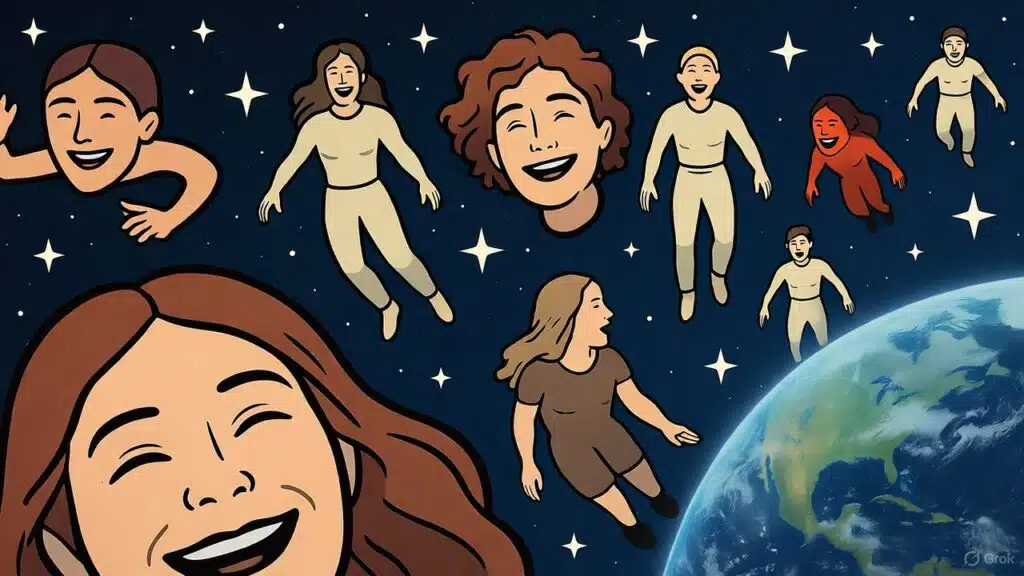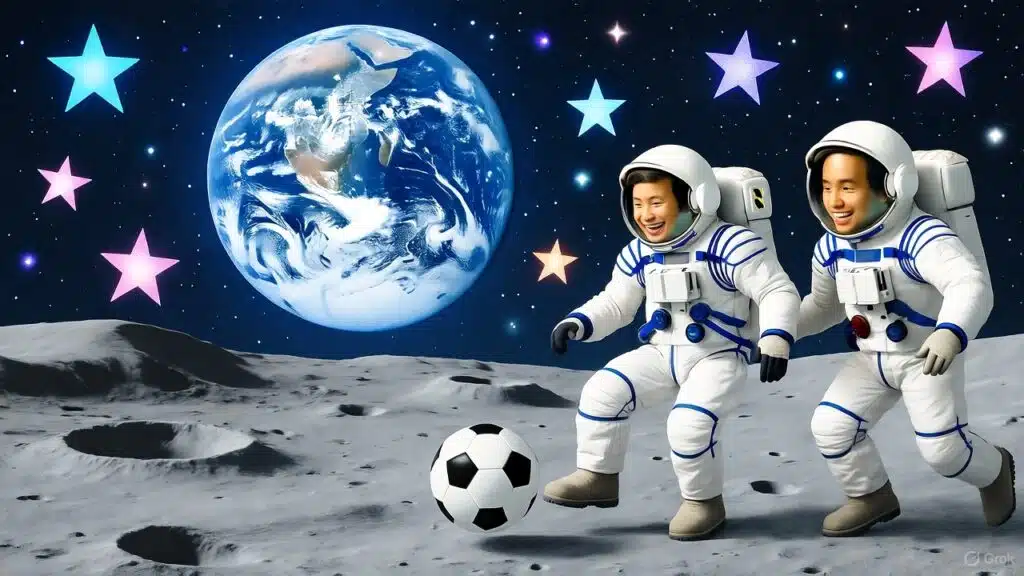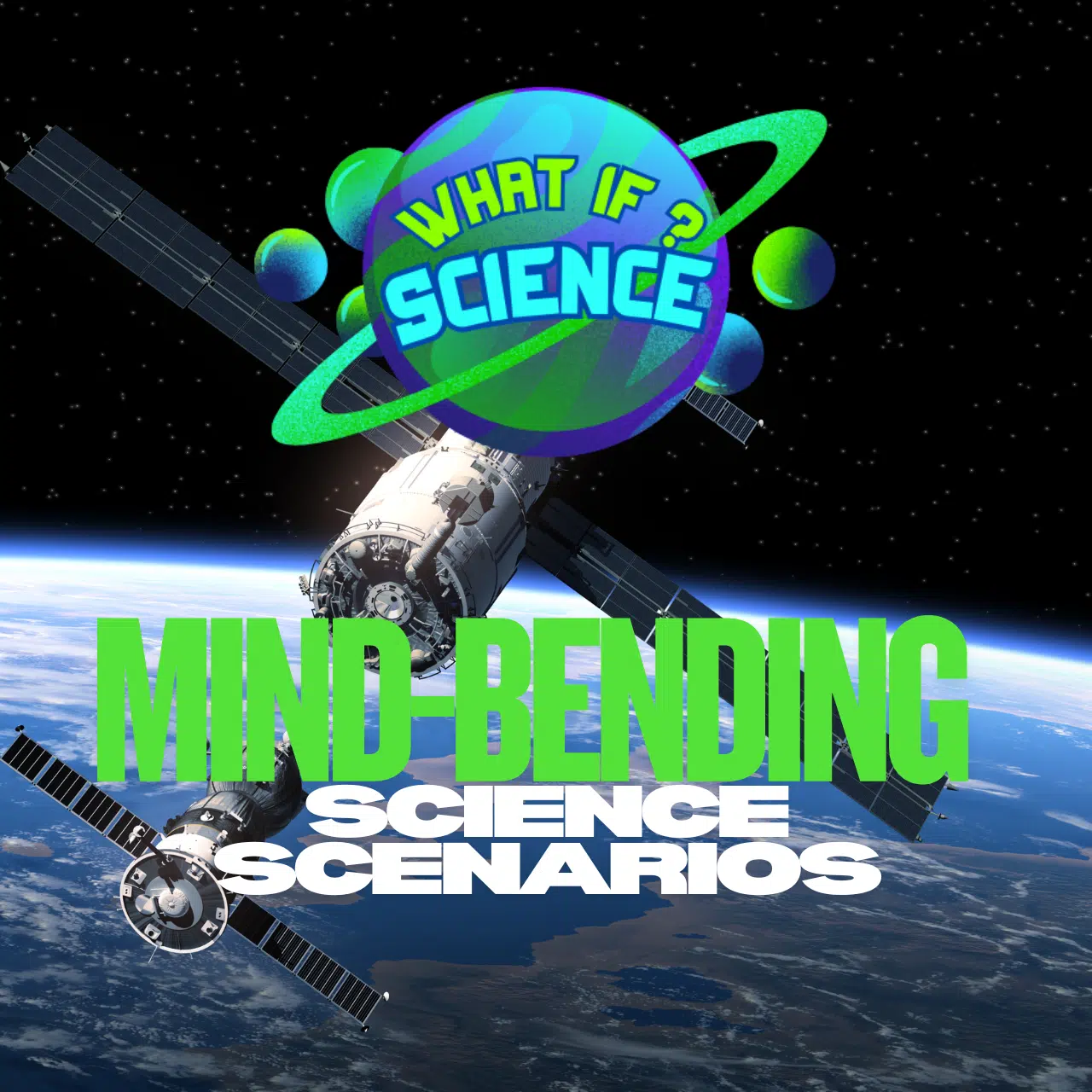🌟 Introduction – The Strange Nature of Space
When you look up at the night sky, you see stars twinkling, planets glowing, and maybe even the Milky Way stretching like a ribbon of light. But have you ever wondered—why can’t astronauts just step outside their spaceship and breathe normally? Why do they need big, bulky space suits?
The answer is simple: space is a vacuum. That means it has no air, no oxygen, and no atmosphere to protect us. But here’s a fun thought experiment—what if space had no vacuum? What if the universe was filled with air, just like Earth? Could we actually breathe among the stars?
Let’s explore this amazing “what if” idea and see how it could change life in the universe forever.
🪐 What Does “Vacuum” in Space Really Mean?
On Earth, we’re surrounded by an atmosphere—layers of air filled with nitrogen, oxygen, and a little carbon dioxide. This is what lets us breathe, fly kites, and even hear sounds.
But in outer space, things are very different. Space is almost completely empty. There are no air molecules, no wind, and no sound. That’s why it’s called a vacuum.
- Without air, humans cannot breathe.
- Without air, sound cannot travel.
- Without air, fire cannot burn.
That’s why astronauts wear space suits and carry oxygen tanks—otherwise, they couldn’t survive even for a minute outside their spacecraft.
💨 Imagine If Space Had Air
Now let’s imagine something wild—suppose the vacuum of space didn’t exist. Instead, the entire universe was filled with air, just like Earth’s atmosphere.
- Breathing Among Stars – We could step outside a spaceship, take a deep breath, and fill our lungs with oxygen.
- Hearing Sounds – We’d actually hear things in space, like meteor crashes or maybe even the hum of stars.
- Flying Kites on the Moon – If the Moon had air, we could even fly kites or balloons there.
Sounds amazing, right? But wait—things wouldn’t be that simple!

🔥 Problems If Space Was Full of Air
Even though it sounds fun to breathe among the stars, having air in space would actually cause some very big problems.
- Too Much Air Pressure – On Earth, gravity holds our atmosphere close to the ground. But in space, if air spread everywhere, there would be too much pressure on planets. This could crush things or even change how planets move.
- Stars Wouldn’t Shine the Same – Stars burn using nuclear fusion, but with too much oxygen around, they might burn uncontrollably, like giant fireworks!
- Planets Would Catch Fire – If space was filled with oxygen, even small sparks from meteors could cause explosions. Planets might constantly be on fire.
- No More Beautiful Views – Right now, we can see stars clearly because space is empty. If there was air everywhere, light would scatter, and the stars might look blurry—like how they look on Earth during the day.
So, while breathing in space might sound cool, it could actually turn the universe into a very dangerous place.
🌍 How Would Earth Be Different?
If the universe had no vacuum, Earth itself would change in surprising ways:
- No Satellites or GPS – Our satellites would crash because air in space would slow them down. No GPS, no TV satellites, and no weather forecasts!
- No Rocket Launches – Rockets need to escape through empty space. If it was filled with air, rockets would struggle and burn up.
- No International Space Station (ISS) – The ISS would never survive because it depends on the vacuum of space to orbit freely.
- No Stunning Night Sky – Instead of sharp stars and galaxies, the sky would look cloudy all the time.
🧑🚀 Could Humans Travel Without Space Suits?
In our “no vacuum” universe, astronauts wouldn’t need space suits just to breathe. They could walk around on planets or even float in space with only regular clothes. But space suits wouldn’t completely disappear.
- They’d still need protection from radiation, which can cause sickness.
- They’d need temperature control, because space is either freezing cold or boiling hot.
- They’d need helmets to block flying dust and debris.
So, while space travel might be easier, it wouldn’t be 100% safe.

🔊 Could We Hear Sounds in Space?
One of the coolest things about adding air to space is that sound could travel. Right now, space is completely silent because sound waves need air to move. But if the universe had an atmosphere:
- We might hear meteor showers like thunder.
- We could listen to the humming of planets as they move.
- Spaceships could make roaring noises like jet planes.
- Stars might even create strange, musical sounds as they burn!
Imagine stepping outside your house at night and hearing the “song of the stars.”
🌌 Would Space Life Become Possible?
Right now, humans can’t survive in space without technology. But in a universe filled with air:
- Plants could grow on other planets because they’d have carbon dioxide to breathe.
- Animals might survive in space, floating around like cosmic fish in an invisible ocean.
- Maybe entire alien civilizations would live in space cities, moving freely without worrying about oxygen tanks.
It would be like turning the whole universe into one giant Earth!
⚡ The Bright Side and the Dark Side
Bright Side:
- Humans could breathe anywhere in space.
- Space travel would feel more natural.
- We could explore planets without heavy equipment.
Dark Side:
- Stars and planets might burn up in constant fires.
- Satellites, rockets, and space stations wouldn’t work.
- The beauty of the night sky might disappear.
So, while the idea is exciting, the real universe is probably better the way it is—with its empty vacuum that keeps things balanced.
🚀 Conclusion – A Universe of Imagination
Suppose space had no vacuum—could we breathe among the stars? The answer is yes, but with a lot of unexpected consequences. While we could float around freely and enjoy breathing, the universe itself might become too dangerous to survive.
The vacuum of space may sound scary because it’s empty, silent, and airless—but it’s actually what makes stars shine clearly, planets orbit safely, and rockets travel into the cosmos.
Still, it’s fun to imagine what life would be like in a universe where kids could play soccer on the Moon or ride a bicycle around Saturn’s rings. Science may say it’s impossible, but imagination lets us explore endless possibilities.
And who knows? Maybe one day scientists will invent ways for us to breathe in space—without changing the universe at all!

